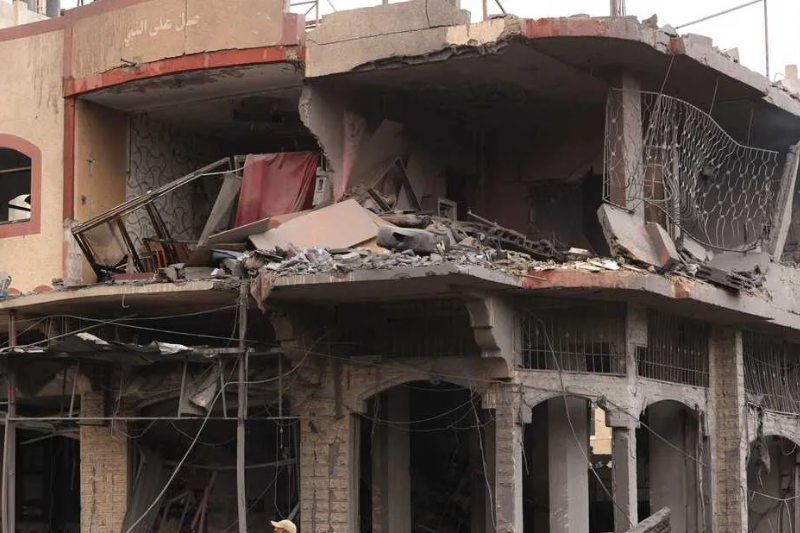
Unraveling the Israeli Government’s Deepening Divisions Amid Gaza War
As the Israeli government grapples with the complexities of the ongoing conflict, internal divisions have surfaced, notably highlighted by war cabinet minister Gadi Eisenkot’s recent statements. In this comprehensive analysis, we delve into the intricacies of the internal strife, the implications for the ongoing conflict with Hamas, and the potential fallout on Israel’s political landscape.
Eisenkot’s Candid Assessment
Eisenkot’s candid remarks on the unrealistic goal of defeating Hamas and his call for elections within months underscore a significant fracture within the Israeli leadership. While Prime Minister Benjamin Netanyahu emphasizes “complete victory,” Eisenkot’s acknowledgment of an unrealized strategic achievement adds a layer of complexity.
Rifts Within the Coalition Government
The war cabinet, initially formed to project unity, now reveals inherent disagreements among ministers. Eisenkot’s push for fresh elections stems from a perceived lack of public trust in Netanyahu’s leadership. This revelation opens a window into the deep-seated discontent within the coalition government.
Challenges in Achieving War Goals
Over three months into the conflict, Israel faces the dual challenge of destroying Hamas and securing the release of hostages. Analysts, including political scientist Reuven Hazan, argue that achieving both goals may be an insurmountable task. The complexity of these objectives fuels internal discord and raises questions about the effectiveness of the current strategy.
Public Sentiment and Election Dynamics
Eisenkot’s call for elections during wartime reflects the urgency of addressing a broader issue – the erosion of public trust. The Israeli public, as indicated by a November poll, prioritizes the return of hostages over defeating Hamas. The looming question of Netanyahu’s political survival adds another layer of complexity to the already tumultuous situation.
Keep Reading
Strained Relations with the U.S.
In parallel, Israel’s relations with the United States face strain, particularly regarding the post-war scenario. Netanyahu’s rejection of a Palestinian state aligns with his long-standing stance but raises concerns about worsening ties with a crucial ally. The geopolitical implications of this divergence could further complicate Israel’s position on the international stage.
Netanyahu’s Political Survival Amid Criticisms
Former Prime Minister Ehud Barak’s warning of Netanyahu’s strategy risking alienation from the U.S. underscores the broader geopolitical consequences. Netanyahu’s reluctance to take responsibility for pre-war events and his alleged avoidance of post-war planning intensify criticisms. The dynamics of political survival intertwine with the complexities of the ongoing conflict.
As the conflict surpasses the 100-day mark, Israel faces a crossroads. The potential shift of public focus from the war’s immediate challenges to pre-war shortcomings poses a significant threat to Netanyahu’s political future. Calls for fresh elections, coupled with internal dissent, set the stage for a critical juncture in Israeli politics.
Conclusion
The evolving narrative within the Israeli government unveils a tapestry of challenges – from internal divisions to strained international relations. The quest for a decisive resolution to the conflict remains elusive, with the intricacies of war goals and political dynamics shaping the nation’s trajectory. As Israel navigates this complex landscape, the need for strategic reassessment and cohesive leadership becomes increasingly paramount.




